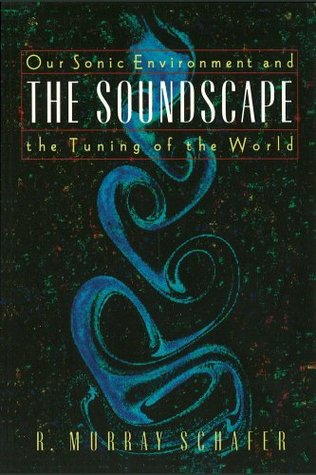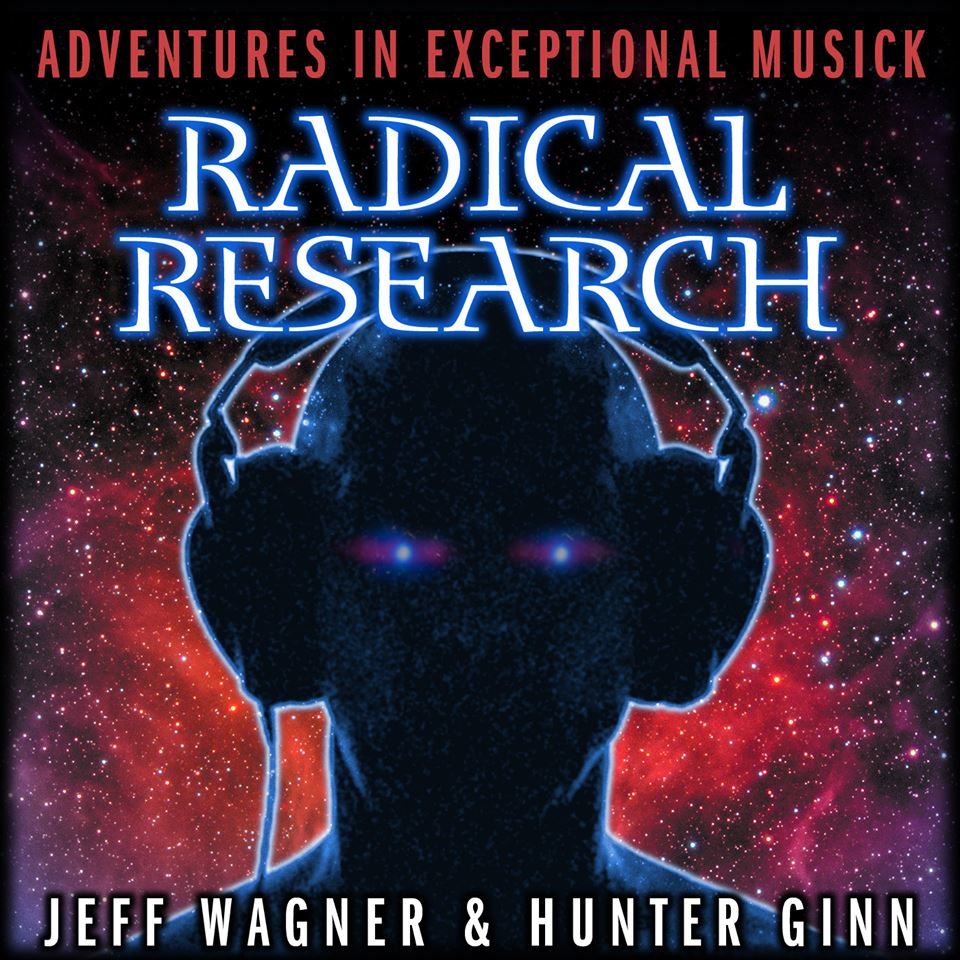
21 Sep Excepts from ‘The Soundscape,’ by R. Murray Schafer
We don’t always listen to music, or write about listening to music, or talk about listening to music. We sometimes read about listening to music. R. Murray Schafer’s ‘The Soundscape’ isn’t simply about listening to music, but it is all about listening. Schafer takes the practice of listening and responding to sound into remarkably thoughtful, sometimes passionately combative areas. At times esoteric, at times practical, always fascinating, this is a mandatory read.
Subtitled ‘Our Sonic Environment and the Tuning of the World,’ the author’s mission is one with an underlying gravity: listen, analyze, make distinctions. Toxic waste is not just in the water and air, it exists in our sonic environment as well. Take heed.
For us, Schafer’s most moving ‘Soundscape’ passages have us in thrall. He has a way of framing ideas that border on poetry. It’s profound music to our ears, whether read aloud or in quietude.
Listen…
“In the special darkness of the northern winter, where life was centered in small pools of candlelight, beyond which shadows draped and flickered mysteriously, the mind explored the dark side of nature. The underworld creatures of northern mythology are always nocturnal. By candlelight the powers of sight are sharply reduced; the ear is supersensitized and the air stands poised to beat with the subtle vibrations of a strange tale or of ethereal music…”
“Throughout Christendom the divine was signaled by the church bell. It is a later development of the same clamorous urge, which had earlier been expressed in chanting and rattling. The interior of the church, too, reverberated with the most spectacular acoustic events, for to this place man brought not only his voice, raised in song, but also the loudest machine he had till then produced — the organ. And it was all designed to make the deity listen.”
“In onomatopoeic vocabulary, man unites himself with the soundscape about him, echoing back its elements. The impression is taken in; the expression is thrown back in return. But the soundscape is far too complex for human speech to duplicate, and so it is in music alone that man finds that true harmony of the inner and outer world. It will be in music too that he will create his most perfect models of the ideal soundscape of the imagination.”


